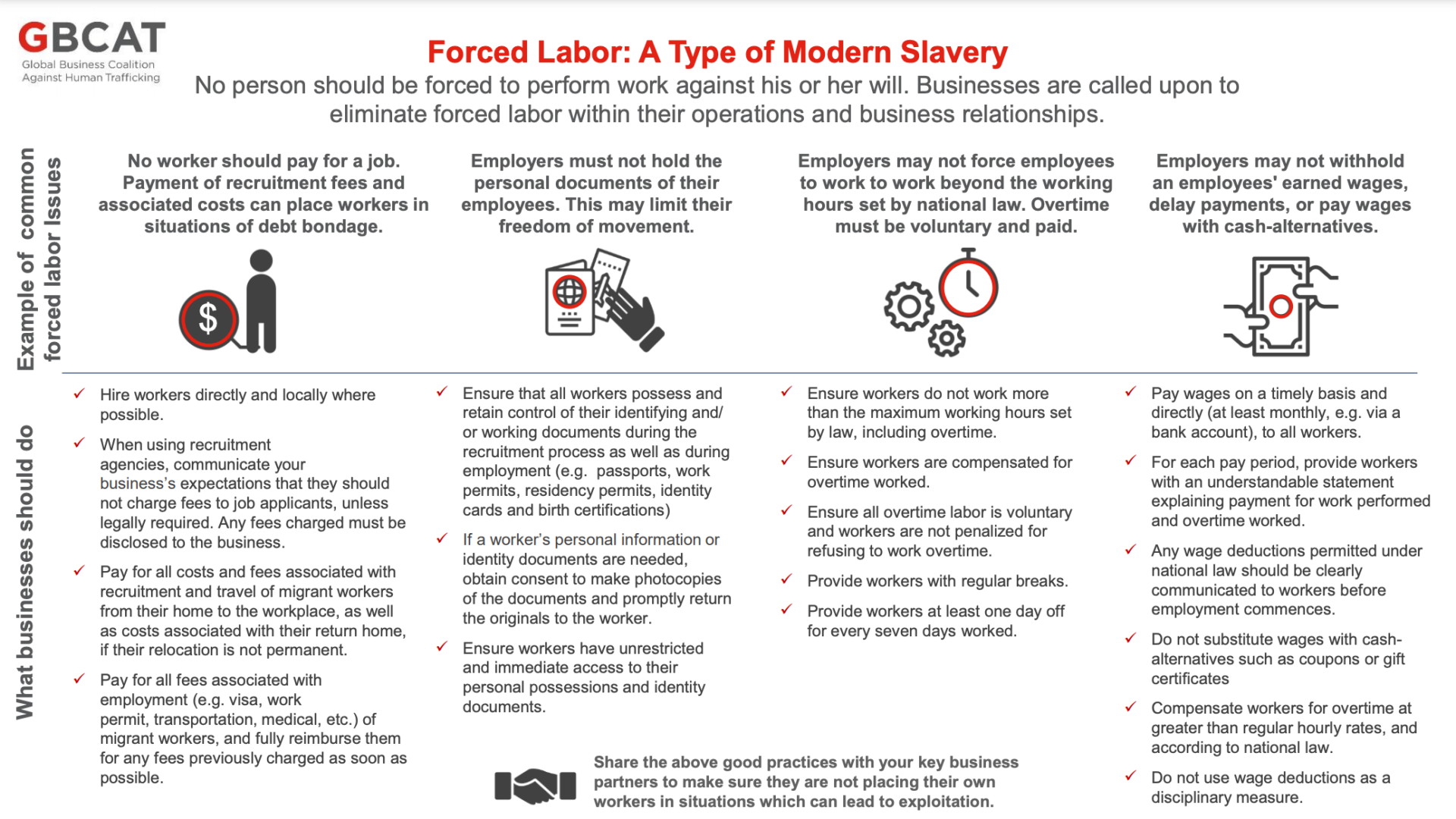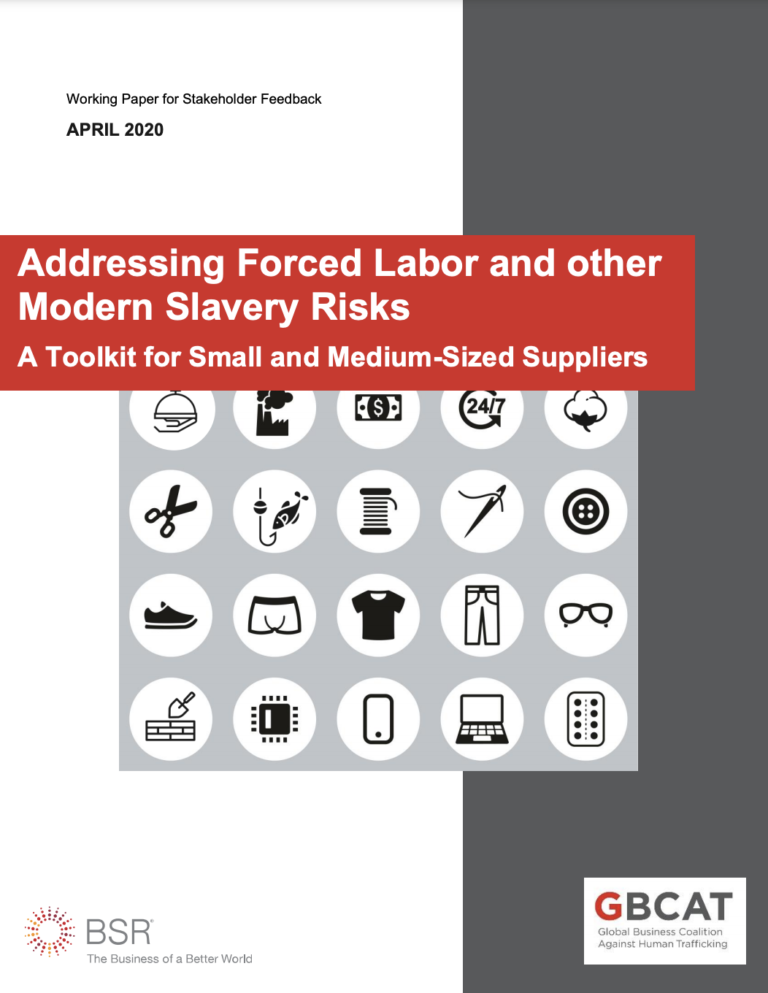Renewable Energy & Human Rights Benchmark Key Findings from the Wind & Solar Sectors
COVID-19 resourcesGuidanceClimate change is among the most important and complex issues our planet and its people have faced in centuries, and the COVID-19 pandemic has only reinforced the urgency and necessity of building global economic systems that are both equi...Read More


